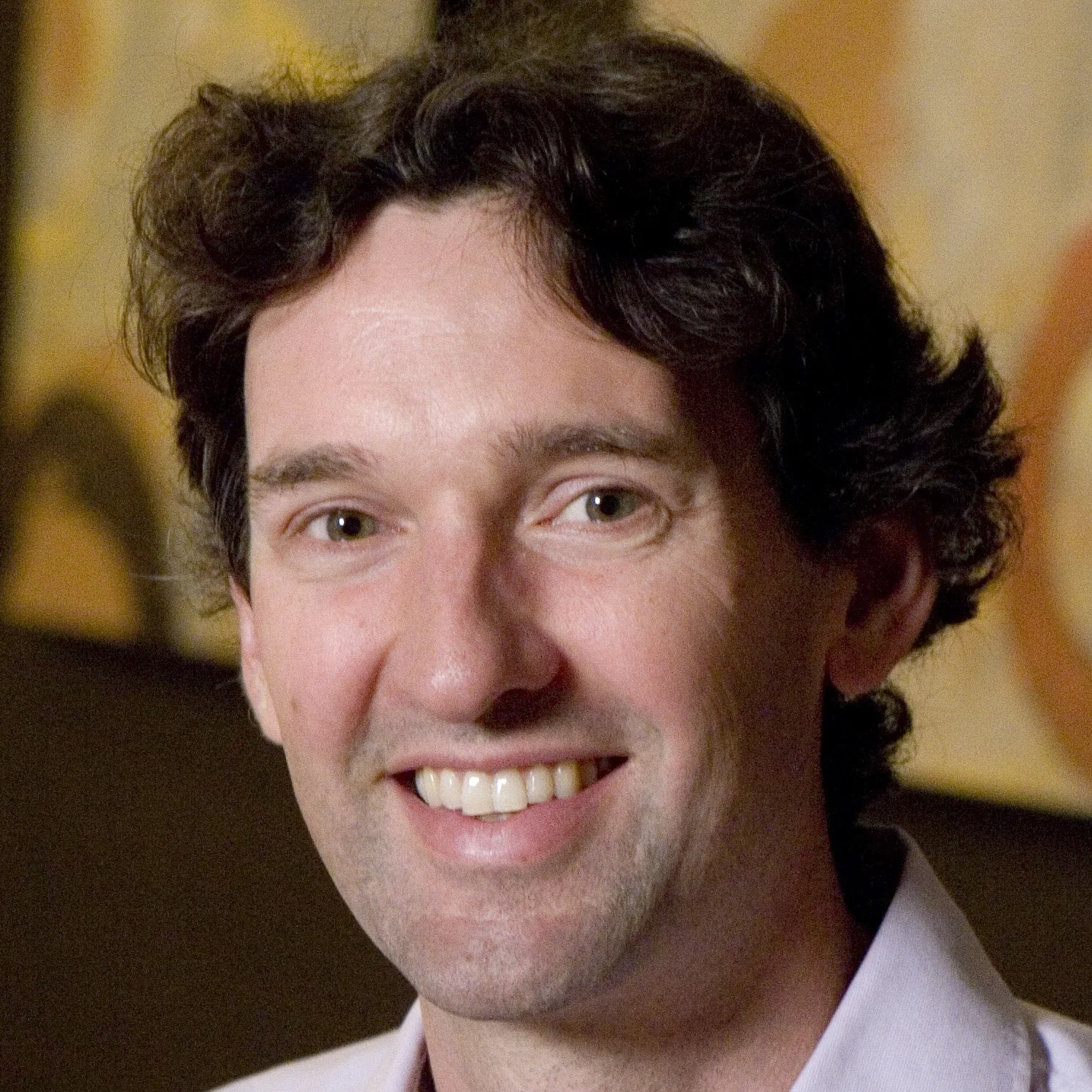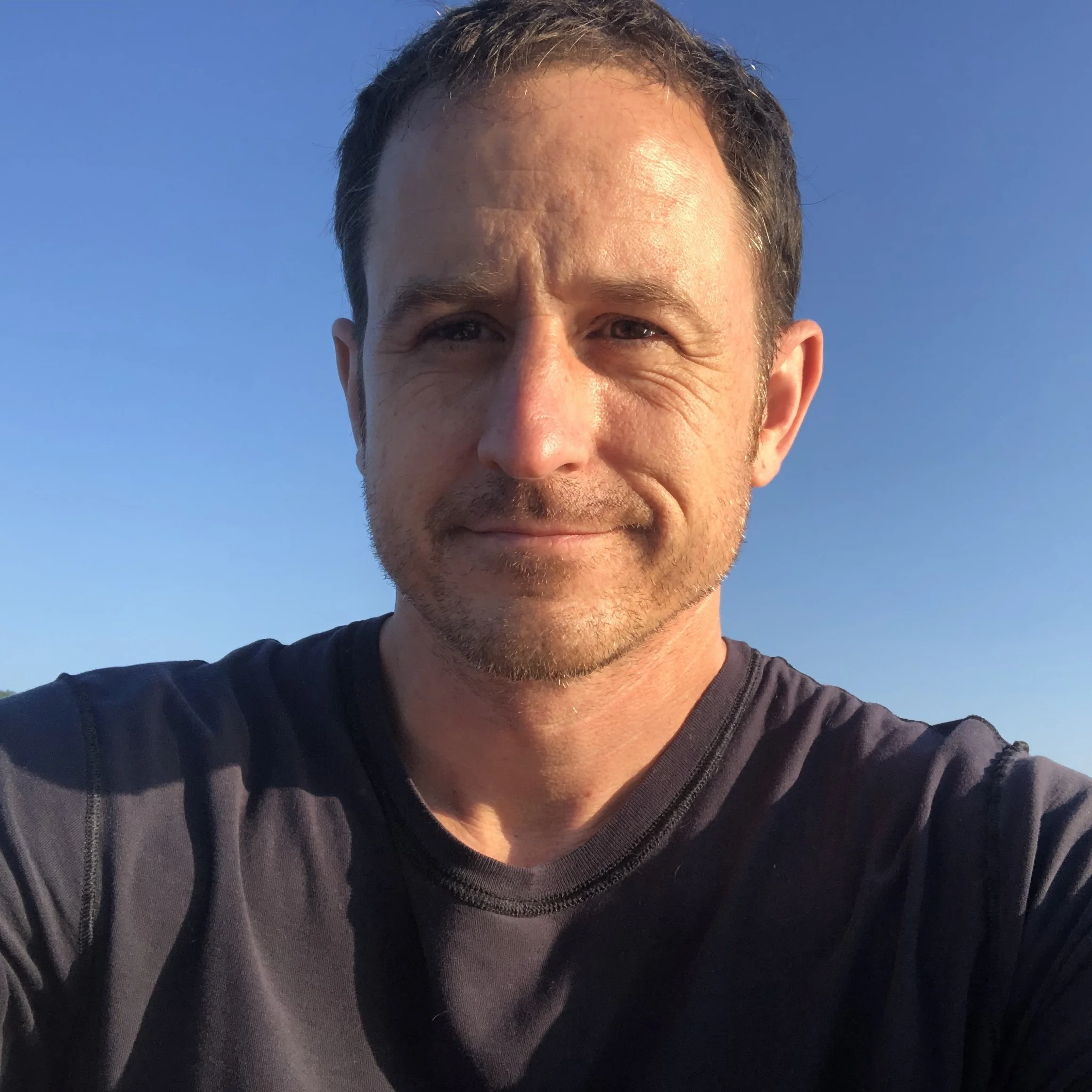NATALIE HODGES
/Author of Uncommon Measure A Journey Through Music, Performance, and
the Science of Time · Fmr. Classical Violinist
There's a real decrease in functional connectivity between regions of the brain that modulate the ego and a sense of self for Gabriela Montero when she's improvising. That's not a region of the brain in particular, it’s the connections between a lot of them and that together as well and also our sense of self and also our conscious memory and our ability to anticipate and plan for the future. So our knowledge of ourselves in these different spheres of time, the light of that activity is dimmed during improvisation. There really is a biological reason behind her feeling that she gets out of the way and something else comes to the fore. The study asks why are her improvisations still so coherent, why did they hold together in time. They refer to it as this form of embodied creativity or embodied cognition, where it’s a deeper kind of memory. a more physical memory in her fingers in her body that know how to play and kind of takes over and allows for ego to kind of dissolve in that moment as she performs.



















